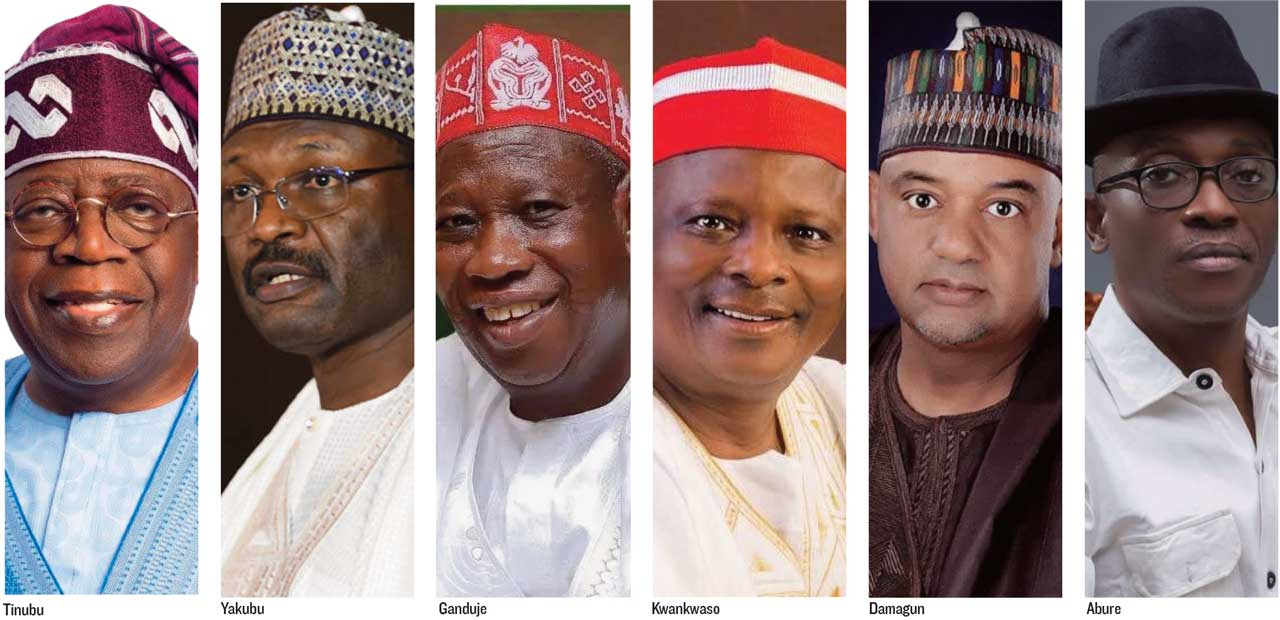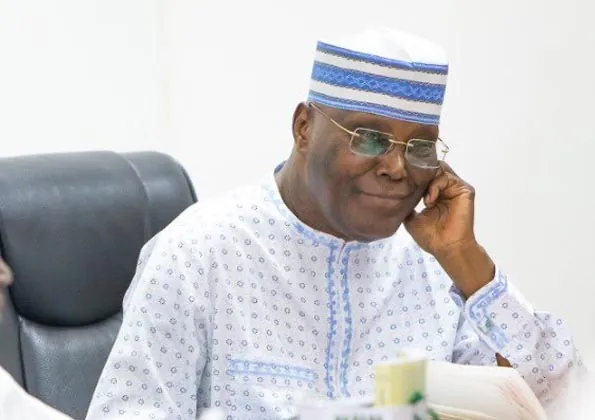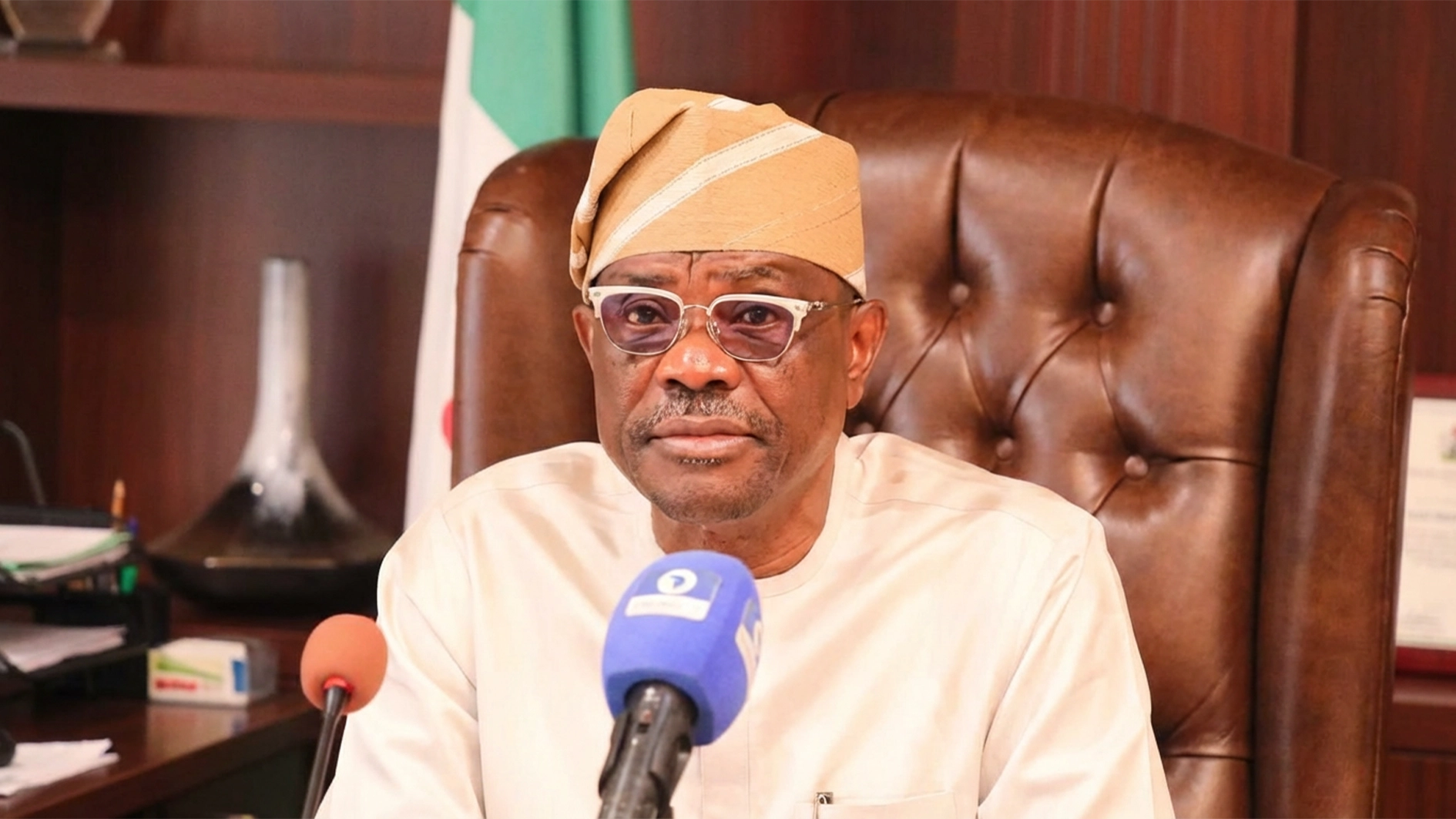 ● Says by-elections unpredictable, unbudgeted, difficult to plan
● Says by-elections unpredictable, unbudgeted, difficult to plan
● Start preparations now, Nigerians don’t want excuses, IPAC tells INEC
● Accuses judiciary of meddling in political parties’ affairs
● Falana backs electoral body on discontinuing ‘wasteful’ by-elections
● Sowore knocks Tinubu’s electoral reforms, urges action before next polls
● INEC schedules FCT area council elections for Feb 21, 2026
The Independent National Electoral Commission (INEC) has raised alarms over the mounting number of by-elections triggered by elected lawmakers vacating their seats to take up executive roles at both the state and national levels.
INEC Chairperson, Prof Mahmood Yakubu, voiced these concerns yesterday during a meeting with members of the Inter-party Advisory Council (IPAC) in Abuja, lamenting that the unpredictability and strain caused by these elections are not only unbudgeted but also divert the Commission’s resources.
“These by-elections are unpredictable, unbudgeted, and difficult to plan in advance,” Yakubu said. “Worse, some by-elections lead to more by-elections,” he added, calling for a more cost-effective alternative to filling such positions to prevent further disruption in the electoral process.
Despite the Commission’s concerns, however, IPAC maintained, “To whom much is given, much is expected. INEC must recognise that Nigerians are counting on it to deliver transparent elections that will usher in visionary leaders to transform the nation.”
Stressing the need for the Commission to justify the trust placed in it and improve on its previous performance, IPAC’s National Chairman, Yusuf Mamman Dantalle, urged INEC to begin preparations for the 2027 general elections immediately to ensure all necessary requirements are met on time. He also called for the activation of INEC’s Election Project Plan (EPP), Strategic Programme of Action (SPA), and the 2022–2026 Strategic Plan, alongside the Strategic Plan Implementation Programme (SPIP) for the 2027 elections.
Since the inauguration of the National and State Assemblies in June 2023, at least 23 vacancies have arisen due to the deaths of serving members or their voluntary resignation for executive positions or board appointments. Yakubu revealed that while INEC conducted nine by-elections last year, 14 more vacancies have since emerged.
The INEC Chairperson further explained that there have been instances where a by-election in one senatorial district resulted in a serving member of the House of Representatives winning the seat, thereby creating another vacancy. This in turn led to a state Assembly member winning the House of Representatives seat, causing yet another vacancy in the state assembly.
Yakubu noted that such instances of one by-election triggering multiple others not only incur high costs but also divert INEC’s attention from its other significant electoral responsibilities.
He reiterated the need for a more efficient approach to filling vacancies caused by executive appointments to ensure smooth governance and election processes.
Yakubu further said that over the last nine years, since 2016, INEC under his watch has been advocating for a more cost-effective alternative for filling vacancies, as in the case of many other jurisdictions around the world.
He said the Commission has “similarly been appealing to stakeholders, including political parties, to join the advocacy for the National Assembly to amend the law accordingly”.
“Just three weeks ago, we canvassed this position once again during the defense of our 2025 budget before the joint committee of the Senate and House of Representatives at the National Assembly .
“We appeal to you as leaders of political parties to nominate fresh candidates for these by-elections, instead of serving members, so that we don’t have to conduct several by-elections.
“I want on this note to thank the leaders of political parties. Before we conducted the first set of elections in February last year, there were two vacancies in the Senate and four or five vacancies in the House of Representatives. I’m very happy to say that all the political parties responded positively.
“I wish that we’ll continue in this cooperative spirit, so that we’ll be conducting one by-election for one constituency rather than three by-elections for one constituency.”
Among those who resigned from the legislature to take up executive appointments are the Chief of Staff to the President, Femi Gbajabiamila; Minister of Works, David Umahi; Minister of Interior, Olubunmi Tunji-Ojo; Minister of State for Humanitarian Affairs and Poverty Reduction, Yusuf Sununu; and Minister of Police Affairs, Ibrahim Geidam.
The Plateau South senator, Simon Lalong, resigned as the Labour and Employment minister to join the upper chamber.
ALSO, human rights lawyer, Femi Falana (SAN), urged the commission to discontinue the conduct of by-elections, citing them as a wasteful expenditure.
Falana argued that since votes belong to political parties, replacements for elected officials who vacate their positions should not necessitate by-elections.
Falana said since the votes scored during elections belong to political parties, the replacement of elected candidates as a result of death or resignation should not call for a by-election.
He said, “The political parties that sponsored the candidates that die or resign should be directed to fill the vacancy by nominating another candidate.
“The National Assembly should therefore amend the Electoral Act to allow political parties to replace elected public officers who lose their positions as a result of death, resignation or impeachment.”
Citing previous cases on the matter, Falana noted, “By virtue of Section 221 of the Nigerian Constitution, elections are won by political parties and not by candidates.
“In the case of Amaechi vs. INEC & Ors (2 008) LCN/3642 (SC), the Supreme Court held that “The above provision (that is, Section 221) effectually removes the possibility of independent candidacy in our elections, and places emphasis and responsibility in elections on political parties. Without a political party, a candidate cannot contest.” In his own contribution to the judgment, Pius Olayiwola Aderemi JSC (of blessed memory) emphatically stated that “…it is the political parties that the electorates do vote for at election time.
“In PDP v. I.N.E.C. (1999)7SC (PT II) 30, Mr. Boni Haruna was allowed to the governor of Adamawa State following the resignation of the elected governor, Mr Atiku Abubakar who had been nominated as Vice Presidential candidate of the Peoples Democratic Party.
“For some inexplicable reasons, the Independent National Electoral Commission changed the law when it decided to conduct an additional election after the death of Mr. Audu Abubakar who had emerged the Governor of Kogi State.”
For his part, IPAC’s National Chairman, Yusuf Mamman Dantalle, stressed the importance of credible elections for sustainable democracy and development. He insisted that the Commission must ensure a successful election process in 2025, particularly with the upcoming off-cycle elections in Anambra.
Dantalle further stated that successful elections are the collective responsibility of all stakeholders, underlining the importance of rebuilding trust in the electoral process. He expressed concern over low voter turnout in previous elections, calling it a troubling reflection on Nigeria’s democracy. He urged stakeholders to work together to uphold electoral integrity and ensure the sanctity of the ballot box.
IPAC also appealed to stakeholders to support INEC in fulfilling its statutory duties, which are vital for consolidating and strengthening constitutional governance in Nigeria. The Council urged the National Assembly to expedite the ongoing Constitution and Electoral Act amendments, stressing that time is critical, and to ensure the prompt passage of the 2025 appropriation bill.
Also, Dantalle accused Nigeria’s judiciary of interfering in the internal affairs of political parties, urging the Chief Justice of Nigeria (CJN) to take action against corrupt judges to restore public trust in the judicial system.
The IPAC Chairman said the judiciary must remain impartial and uphold justice, warning that some judicial officers have turned courts into marketplaces. He called for the CJN to take decisive action against corrupt judges, particularly those meddling in political party affairs.
He said, “Sadly, some judicial officers have turned the court to a bazaar. We call on the CJN to wield the big stick on corrupt justices, especially the ones that meddle in the internal affairs of political parties to serve as a deterrent to others.”
Dantalle noted that IPAC is aware of the ongoing leadership disputes within several political parties, which contribute to political instability. He appealed to these parties to resolve their issues through IPAC’s Alternative Dispute Resolution mechanism rather than resorting to prolonged legal battles.
The IPAC Chairman also urged political parties to adhere strictly to their constitutions, particularly when nominating candidates, disciplining members, and managing leadership changes. He stressed that compliance with party constitutions and the rule of law is crucial to the development of Nigeria’s democracy.
One key issue highlighted was the recent leadership dispute within the National Rescue Movement (NRM). Dantalle condemned the attempt by undemocratic forces to hijack the party’s leadership in January 2025, led by Chief Edozie Njoku, a former factional chairman of the All Progressives Grand Alliance (APGA). This move followed a Supreme Court ruling that affirmed Sly Ezeokenwa as the authentic National Chairman of the NRM.
Dantalle criticised the actions of Mr Isaac Udeh, the embattled NRM National Chairman, who resigned and claimed the position of National Organising Secretary, accusing him of undermining the party’s constitution. He called this a “mockery” of democratic processes and urged INEC not to recognise the outcomes of any such illegal conventions.
IN a related development, human rights activist and politician Omoyele Sowore has slammed the state of electoral reforms under the administration of President Bola Ahmed Tinubu.
Speaking during Lunchtime Politics on Channels TV yesterday, Sowore expressed scepticism about the intentions of those in power to genuinely reform the electoral system, arguing that their actions suggest otherwise.
According to the 2023 presidential candidate of the African Action Congress (AAC), expecting the current administration to spearhead credible electoral reforms is futile. “We are expecting the people who want to benefit from this electoral malfeasance to reform the process. It’s not going to happen,” he said.
He accused the government of stacking the odds in its favour by appointing individuals loyal to its party into critical institutions such as INEC and the judiciary.
Sowore alleged, “They’ve already populated INEC with APC card-carrying members. They’ve already appointed 11 Supreme Court justices under the Tinubu regime. I have evidence of that. You may claim that they are qualified to be elevated, but most Nigerians don’t know all these things.”
Sowore pointed to recent off-season elections in five states as evidence of the current administration’s manipulation of the electoral system.
“They have kept INEC under their own control. If you want to know, just check the off-season elections they did recently and how they went,” he said.
Under the administration of President Tinubu, five states – Imo, Kogi, Bayelsa, Ondo, and Edo – have held off-season gubernatorial elections.
Sowore urged Nigerians to demand reforms before elections are conducted, arguing that post-election protests or monitoring efforts are largely ineffective. “The best time to fight is before elections because it will force the hands of the state and the operators in that electoral system about what you want to see in an election,” he said.
He warned against waiting until after the elections to challenge irregularities, saying, “If the next time we see you is after the election and you say, ‘Well, you’re keeping an eye on the judiciary,’ sorry for your eyes because you’re looking directly in the sun. You might end up with conjunctivitis.”
He criticised the complacency of those who believe meaningful reforms will emerge from the same individuals benefiting from the current flawed system.
In a satirical tone, Sowore noted, “If anybody is out there expecting to see a different electoral reform process, well, I have a bridge to sell to you in my village.”
MEANWHILE, INEC has announced that elections into the six area councils of the Federal Capital Territory (FCT) in Abuja will take place on February 21, 2026.
INEC Chairman, Prof Yakubu, made the announcement yesterday during the meeting with the leadership of political parties.
He stated that the area council election in the FCT is the only local government election conducted by INEC in the country.
Yakubu explained that in line with Section 28(1) of the Electoral Act 2022, the Commission is required to issue the notice for elections no later than 360 days before the election date. The last area council election in the FCT was held on February 12, 2022.
He added that the tenure of the current area council chairmen and councillors will end next year. As a result, the Commission has scheduled the 2026 elections for Saturday, February 21, 2026. Voting will take place across all designated polling units in the 68 constituencies to elect six area council chairmen and 62 councillors.
To comply with legal requirements, Yakubu revealed that the official notice for the election will be published on February 26, 2025. Political parties will hold primaries from June 9 to June 30, 2025.
Yakubu also outlined other upcoming plans, including the resumption of the nationwide continuous voter registration (CVR) and the conduct of outstanding by-elections.






